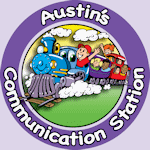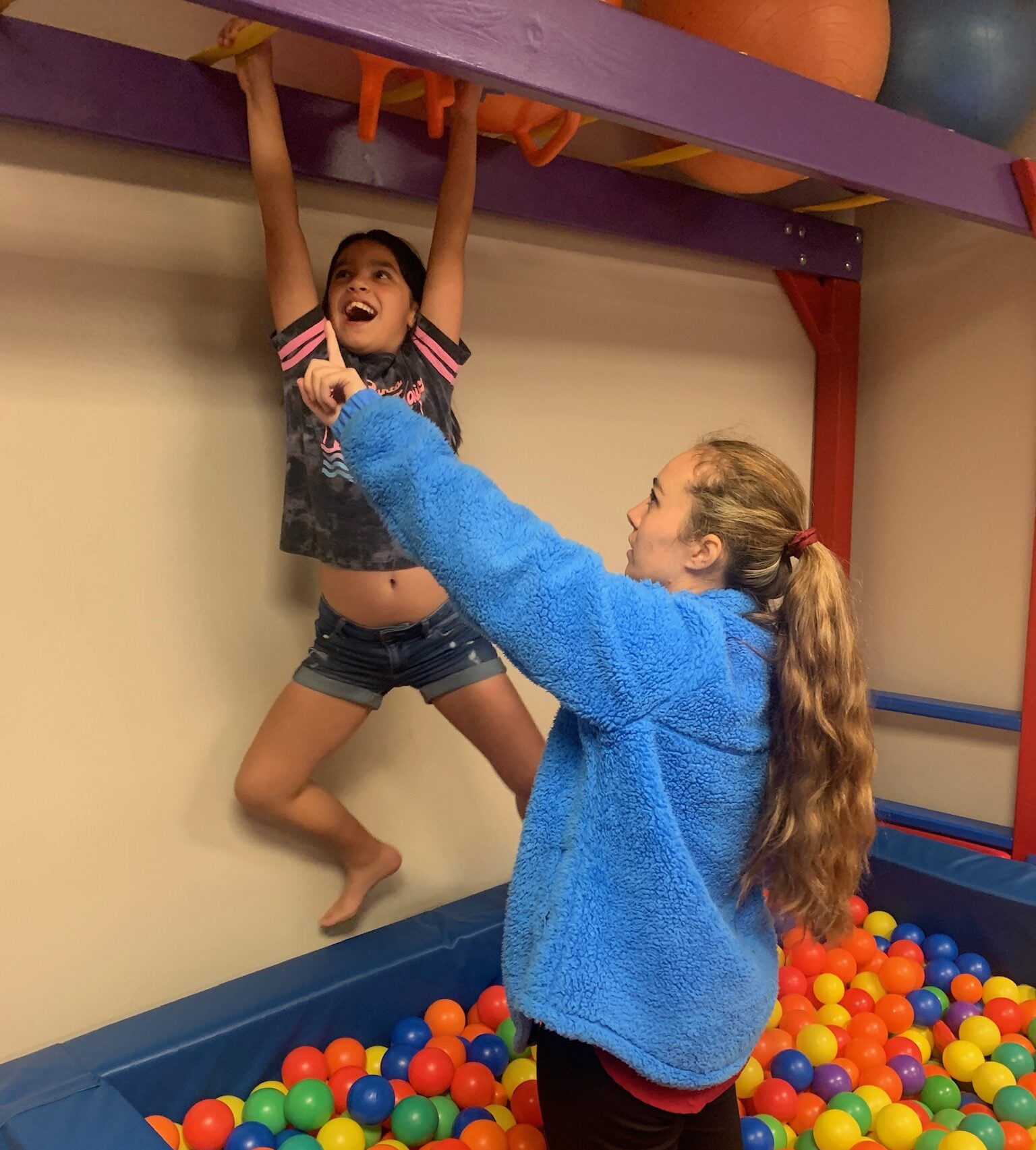Occupational Therapy
A child’s “occupation” can be defined as the daily activities they are expected to participate in; this usually includes playing, socializing with other children and adults, eating, completing schoolwork, staying calm, attending, accomplishing daily hygiene tasks and many other tasks that may be challenging. Occupational therapists work alongside the kids to build up skills that will be used to help them succeed later in life, including fine and gross motor skills, self-care independence, play, regulation, and social skills.
Occupational Therapy helps to develop the underlying skills necessary for learning and performing specific tasks, as well as social and behavior skills. It also helps teach children self-help skills needed for dressing and feeding and can provide special equipment and assistive devices to help a child function as independently as possible.
Occupational Therapists look at children from a holistic perspective. They strive to determine where delays or limitations are coming from, especially in the areas of fine and gross motor skills, cognitive skills, social development, emotional regulation, executive functioning, and self-care. Together, these skills lead to children being able to grow into healthy, well-functioning adults. By gaining these skills early on in life, your child will be able to develop the confidence and independence to keep up with their peers and fully engage in the activities they are involved in.
Children don’t like to just sit in therapy, so occupational therapists strive to make therapy sessions feel like play. By participating in motivating activities such as games, crafts, and building obstacle courses, children are developing skills while having fun! Occupational therapists help children develop these necessary physical, cognitive, regulation, and sensory skills so they can perform daily tasks more independently. Therapy can also help kids learn how to respond to a sensory rich world when playing with friends, learning, eating, or simply enjoying life.
- Social Thinking®
- Zones of Regulation®
- Sensation, Task, Environment, Predictability, Self-Monitoring, and Interactions (STEP-SI)
- Therapeutic Listening
- SOS (Sequential Oral Sensory) Feeding approach
- Astronaut Training
- Executive functioning strategies and programs from a variety of sources including Sarah Ward, MS, CCC-SLP from Cognitive Connections, Seth Perler, Dr. Russell Barkley, and many more.
- Specialized training in ADHD and anxiety
- Handwriting without Tears
- Experience with DIR Floortime approach
- Intentional Relationship Model

